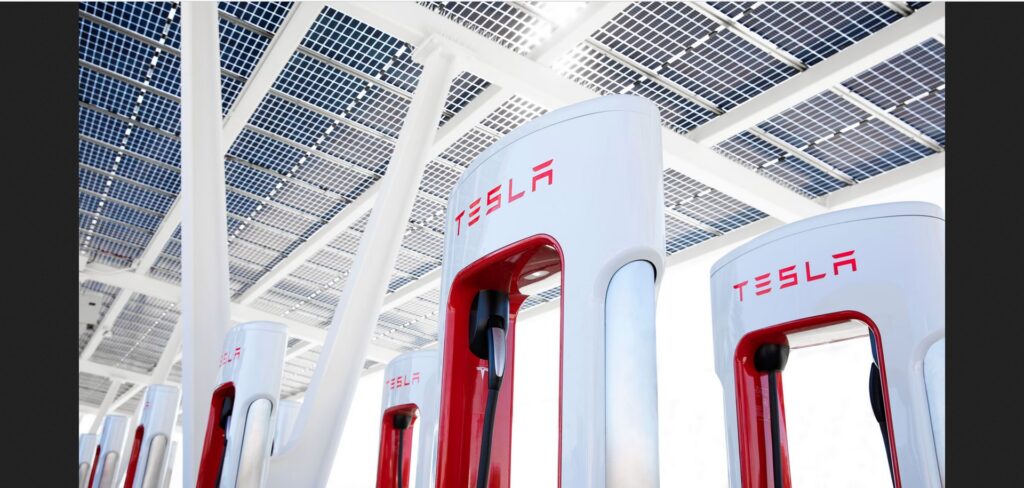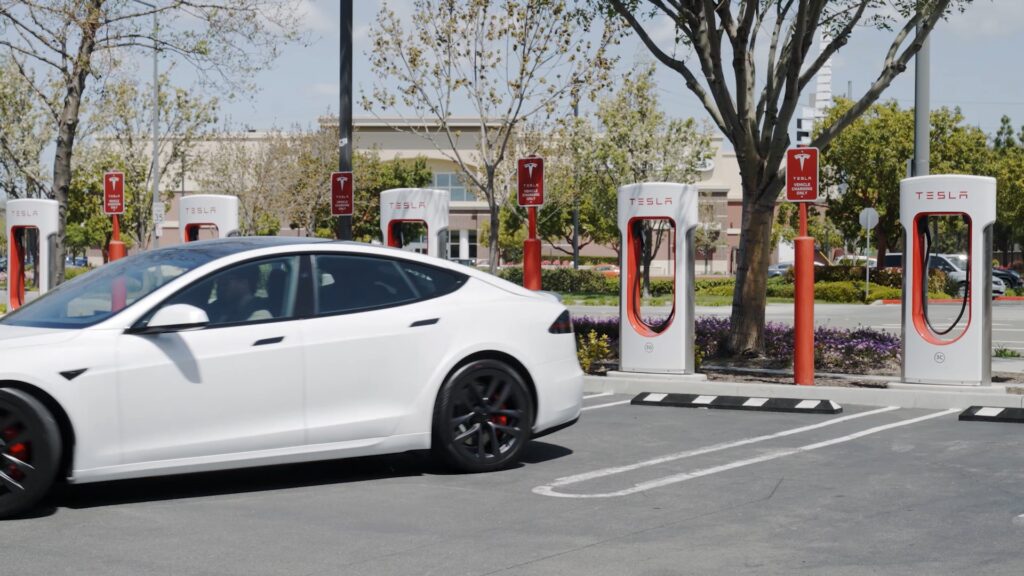Top 10 Reasons Why Every City Needs a Charging Station. Learn about the benefits, infrastructure, and FAQs.
Table of Contents
Top 10 Reasons Why Every City Needs a Charging Station
Charging Station for Electric Cars: Powering the Future
As electric vehicles (EVs) become the future of transportation, the infrastructure supporting them must also evolve. One key element is the charging station for electric cars, which is essential for widespread EV adoption. This article dives into the importance, benefits, and future developments of these charging stations.

What is a Charging Station for Electric Cars?
A charging station for electric cars is a designated location where EVs can recharge their batteries. These stations are essential for sustaining electric vehicles, offering users the convenience to refuel at home, in public spaces, or at commercial sites. While gasoline-powered vehicles rely on petrol stations, EVs use electricity to power their engines, and this infrastructure is critical to meet rising EV demands.
Importance of Electric Vehicle Charging Infrastructure
The rapid increase in electric vehicles on the road has placed immense pressure on cities and governments to develop comprehensive charging infrastructures. Without readily available charging stations, EV adoption can stagnate, limiting the environmental and economic benefits they bring. A robust charging station for electric cars network ensures that drivers are never far from a refueling option, significantly increasing the feasibility of long-distance travel in EVs.
Types of Charging Stations for Electric Cars
Charging stations come in three main types, each with varying speeds and applications:
- Level 1 Charging: This is the most basic form, often used for home charging, requiring a standard 120-volt outlet.
- Level 2 Charging: Faster than Level 1, this type is common in public spaces and residential complexes, using a 240-volt connection.
- DC Fast Charging: Ideal for quick stops, this high-powered charging can recharge an electric vehicle up to 80% in about 30 minutes.

Level 1, Level 2, and DC Fast Charging: Key Differences
Understanding the differences between these charging levels is essential for EV users. While Level 1 and 2 are sufficient for daily commuting needs, DC fast chargers are best for long-distance travel or quick refueling during trips. Each has its ideal use case depending on time constraints and location.
How Charging Stations Impact Urban Transportation
The installation of charging stations can revolutionize urban transportation. As more charging stations emerge, city dwellers gain confidence in adopting electric vehicles, knowing they won’t be stranded with a depleted battery. This shift reduces the dependency on fossil fuels, leading to cleaner air and more sustainable city living.
The Role of Government in Promoting Charging Stations
Governments worldwide are playing a crucial role in promoting the adoption of EVs by offering tax incentives and grants for the installation of charging stations. Public policy that encourages the development of EV infrastructure is pivotal for creating an environment where electric vehicles can thrive.
Benefits of Charging Stations for Electric Cars
Charging stations bring numerous benefits to society, both environmentally and economically.
Environmental Benefits
Switching to electric vehicles powered by renewable energy reduces carbon emissions significantly. Charging stations, especially when powered by clean energy sources like solar or wind, further reduce the carbon footprint.
Economic Advantages
Charging stations also create jobs, stimulate economic activity, and help reduce fuel costs for consumers. Furthermore, cities with extensive EV infrastructure attract tech-savvy businesses and forward-thinking individuals.

Charging Station for Electric Cars: Installation Process
Installing a charging station for electric cars involves several key steps, including site evaluation, power supply verification, and permitting. Depending on the location, charging stations can be installed publicly or privately, with businesses increasingly providing EV charging as an incentive for customers.
Public vs. Private Charging Stations
While public charging stations are critical for long-distance travelers, private home stations provide everyday convenience for electric vehicle owners.
Understanding the Cost of Setting Up a Charging Station
The cost of installing a charging station varies based on the type of charger, location, and power capacity. Residential installations can range from $300 to $1,500, while commercial charging stations require more significant investment due to infrastructure needs.
The Future of Charging Station Technology
As technology advances, so do the possibilities for charging stations. Some exciting innovations include:
Wireless Charging
Imagine charging your electric vehicle without plugging it in! Wireless charging allows for easy and efficient refueling as soon as you park.

Solar-Powered Stations
Solar-powered charging stations harness renewable energy, making them eco-friendly and cost-efficient. They are ideal for cities aiming for energy independence.
Challenges in Expanding Charging Station Networks
Despite the benefits, expanding the charging station network has its challenges. High installation costs, uneven geographic distribution, and local grid limitations can hinder growth.
Public Perception and Adoption Rates of Electric Vehicles
Public perception plays a crucial role in the success of electric vehicles. As charging stations become more common, consumer confidence in EVs grows, leading to higher adoption rates.
Charging Station for Electric Cars: Integration with Renewable Energy
Integrating renewable energy into charging stations can significantly reduce the environmental impact of electric vehicles. Solar and wind-powered stations, combined with battery storage, can provide clean, green energy for the growing EV market.
The Role of Charging Stations in Reducing Carbon Footprint
By promoting electric vehicle adoption, charging stations contribute to reducing the overall carbon footprint of transportation. This shift away from gasoline and diesel-powered engines plays a crucial role in fighting climate change.
FAQs about Charging Stations for Electric Cars
How long does it take to charge an electric car?
The charging time varies based on the station type. Level 1 can take 12–20 hours, Level 2 takes 4–6 hours, and DC Fast Charging takes about 30 minutes.
Can electric cars be charged at home?
Yes, many electric vehicle owners install home charging stations for overnight charging.
Are there different plug types for electric cars?
Yes, different cars and regions may use different plug types, such as Type 1, Type 2, or CCS.
How many charging stations are needed for a city?
It depends on the number of EVs. However, a general guideline is one charger for every 10–20 electric vehicles.
Do charging stations harm the electric grid?
No, but increased demand requires proper planning to prevent grid overload.
What happens if a charging station malfunctions?
Most charging stations have built-in safeguards and can notify maintenance teams when malfunctions occur.
Conclusion: The Future of Charging Stations for Electric Cars
Charging stations for electric cars are integral to the future of transportation. With advances in technology and support from government policies, these stations will not only support the growth of electric vehicles but also contribute to a cleaner, more sustainable world.
People also Search- The Best Manual Transmission Cars 2024-25
